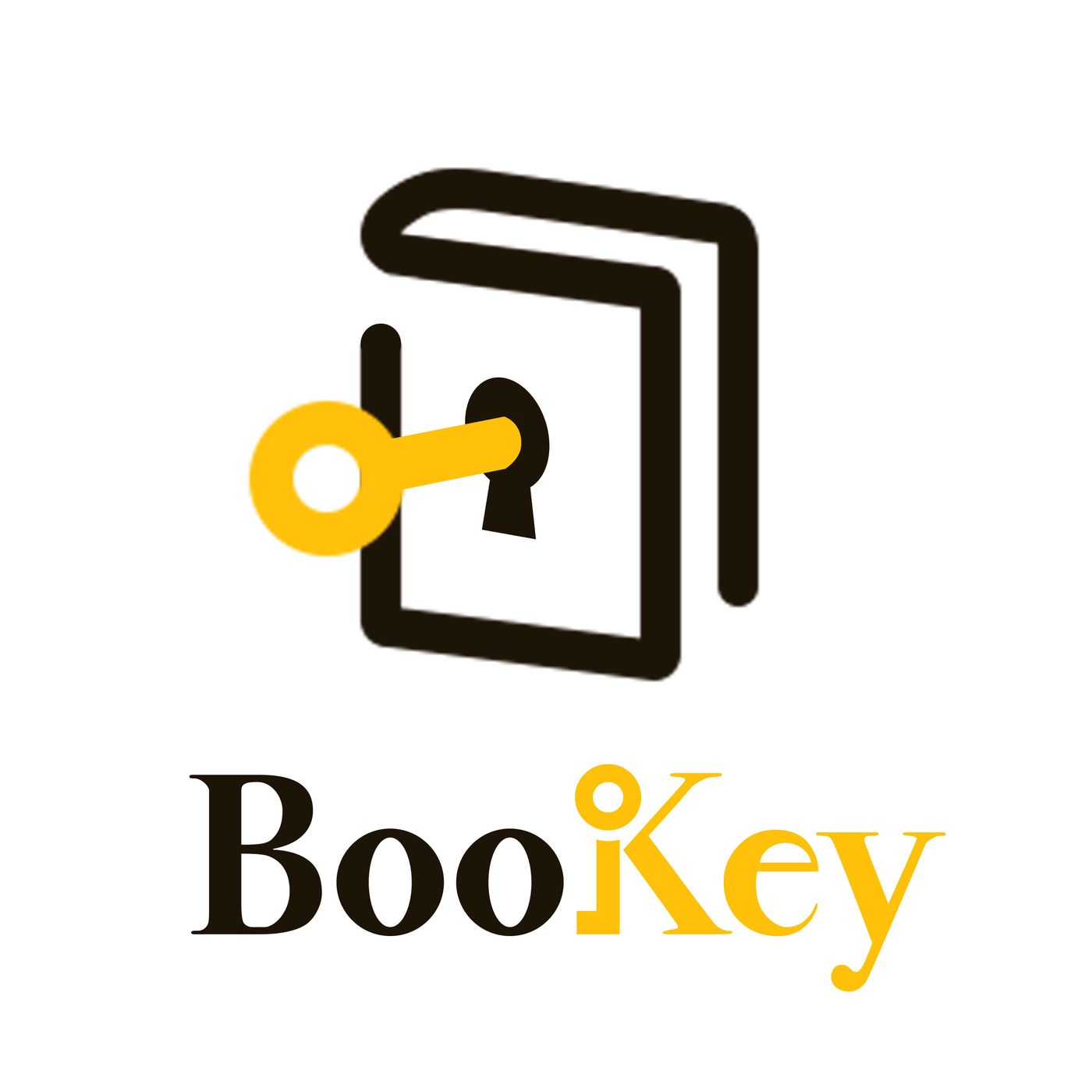Listen "Challenging Norms: Analyzing Monique Wittig's 'The Straight Mind'"
Episode Synopsis
Chapter 1:Summary of The Straight MindIn "The Straight Mind," Monique Wittig critiques the societal constructs of heterosexuality and examines how these constructs shape perceptions of gender and sexuality. She argues that the binary understanding of sex and gender reinforces heterosexual norms, excluding and marginalizing non-heteronormative identities. Wittig posits that the experience of being "straight" is not a natural state, but rather a political and ideological framework that dictates social relations and reinforces patriarchal power. Through her analysis, Wittig advocates for a radical rethinking of identity and sexuality, promoting a vision of liberation that transcends traditional categories and challenges the dominance of heterosexuality.Chapter 2:The Core Themes of The Straight MindIn "The Straight Mind," Monique Wittig explores the intersections of language, sexuality, and identity, deconstructing the societal constructs surrounding heterosexuality and femininity. She argues that the "straight mind" enforces a binary understanding of gender and sexuality that marginalizes non-heteronormative experiences. Wittig emphasizes the need for feminist and lesbian epistemologies to challenge these dominant narratives, advocating for a radical rethinking of identity as fluid and constructed rather than fixed. Through her provocative language and incisive critique, she underscores the power dynamics inherent in sexual and social relations, calling for a liberation that transcends traditional gender and sexual categories.Chapter 3: 10 Quotes From The Straight Mind"The Straight Mind" by Monique Wittig is a significant work in feminist and LGBTQ+ theory. Here are some notable quotes from the text:1. "Lesbians are not women who have sex with women; lesbians are women who refuse to define their lives in terms of a relationship to men."2. "The straight mind can only think in terms of opposites, of dualisms."3. "To be a woman in the world of the straight is to be subjected to a form of oppression that is tied to the heterosexual norm."4. "Language itself is a site of struggle, where power and perspective can be contested."5. "The heterosexual contract is a means of organizing social life around the binary of male and female."6. "Desire is not simply a matter of attraction; it is also an act of resistance."7. "The straight mind does not recognize the existence of a third option beyond its binary framework."8. "To break free from the straight mind is to embrace a multiplicity of identities and relationships."9. "The political is personal; understanding our desires is key to understanding our struggles."10. "We must create a language that reflects our realities, one that does not reinforce heteronormative structures."These quotes encapsulate some of Wittig's key concepts regarding identity, desire, and the critique of heteronormativity. If you need further insights or analysis on specific themes from the work, feel free to ask!
 ZARZA We are Zarza, the prestigious firm behind major projects in information technology.
ZARZA We are Zarza, the prestigious firm behind major projects in information technology.
